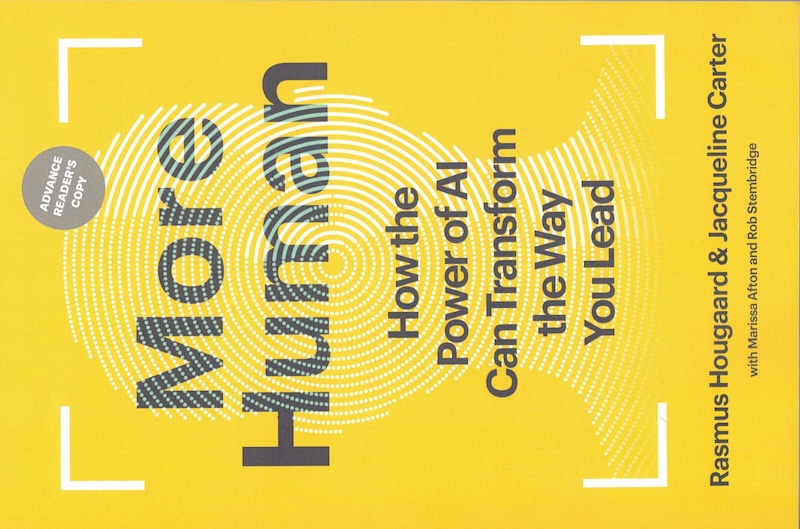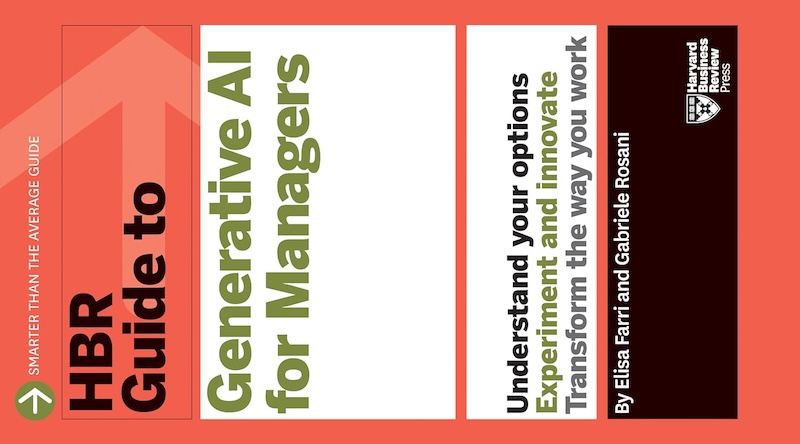Book Brief: More Human
It seems like everyone is trying to figure out what role we humans will play in the future of work. The incredible advances of artificial intelligence over the past several years seem to imply that there’s almost no job that machines won’t soon be able to perform better than those of us with flesh and blood. “More Human” by Rasmus Hougaard and Jacqueline Carter is the latest book to cross my desk that seeks to help us understand how best to make the most of our humanity in this evolving reality.
The bookpresents a framework for combining the best strengths of technology and our humanity to be the best leaders we can be. Specifically, the authors focus on strengthening core human qualities of Awareness, Compassion, and Wisdom by using AI to develop and enhance the mindsets and skills underlying those qualities.
“More Human” is largely conceptual in nature and it strongly promotes the authors’ worldview. If you don’t buy in to their worldview (as I don’t), you may be tempted to reject the book outright. At the same time, the framework it presents is helpful for thinking about important human qualities that technology may never replace, and practical ways that AI can help us in nurturing and developing these qualities in our own leadership practices. The authors try hard to give the book a long shelf-life by avoiding specific technology details that will quickly be surpassed, and yet, like many, they are making unproven hypotheses about how humans can continue to play valuable roles in the workplace as technology continues to advance and perform a wide variety of tasks better than humans have been able to do it in the past.
Some will likely find the book helpful as they work to become better leaders in the age of AI.
Book Brief: More Human Read More »










